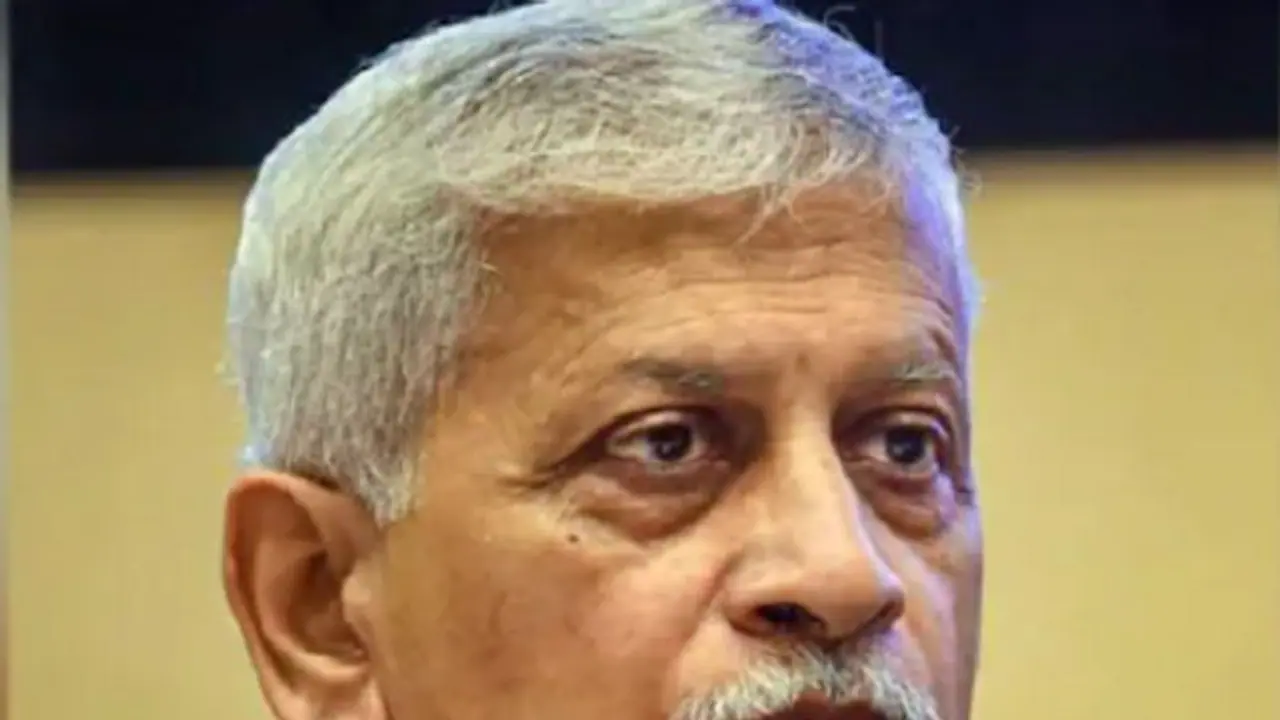Senior-most judge of the Supreme Court Justice U U Lalit, who is in line to become the next Chief Justice of India (CJI), has been part of several landmark judgements including 'triple talaq' and many others. Know all about him.
Justice U U Lalit, the senior-most judge on the Supreme Court and the likely next Chief Justice of India (CJI), has contributed to a number of significant rulings, notably the one that declared the instant "triple talaq" divorce practise among Muslims to be unlawful and unconstitutional.

If appointed, Justice Lalit will be the second Chief Justice of India to be promoted directly from the Bar to the Apex Court Bench. The first attorney to be promoted straight to the top court bench was Justice S M Sikri, who was appointed the 13th Chief Justice of India in January 1971. On August 27, one day after current Chief Justice N. V. Ramana steps down from the position, Justice Lalit will take over as the 49th Chief Justice of India. On August 13, 2014, Justice Lalit, a respected senior attorney, was chosen to serve as a Supreme Court justice.
Since then, he has contributed to the delivering of numerous significant rulings by the supreme court.
One of the landmark decisions was the five-judge constitution bench's August 2017 ruling, which declared quick triple talaq divorce to be "void," "illegal," and "unconstitutional" by a 3-2 majority.
Also Read | Who is Suresh N Patel, the new Central Vigilance Commissioner?
Justices Kurian Joseph, R F Nariman, and U U Lalit held that the practise violated the Constitution, in contrast to then Chief Justice J S Khehar and Justice S Abdul Nazeer, who were in favour of putting the decision on hold for six months and requesting that the government enact legislation to that effect. Since then, the justices Kehar, Joseph, and Nariman have retired.
One of the richest shrines in Kerala, the historic Sree Padmanabhaswamy Temple, was ruled to be under the management of the former royal family of Travancore by a court led by Justice Lalit, who also held that the rule of "heritability must get attached to a right of Shebait" (servitor) of the temple.
The Kerala High Court's 2011 decision ordering the state government to establish a trust to take control of the management and assets of the temple was overturned by the bench after the legal heirs of Uthradam Thirunal Marthanda Varma, the younger brother of the previous ruler, Sree Chithira Thirunal Balarama Varma, filed an appeal.
According to section 7 of the Protection of Children from Sexual Offenses (POCSO) Act, touching a child's privates or engaging in any physical act with "sexual purpose" constitutes "sexual assault," with sexual intent—rather than skin-to-skin contact—being the key factor. The Bombay High Court's contentious "skin-to-skin" rulings in two POCSO Act cases were overturned by the bench, which claimed the high court erred in concluding there was no offence since there was no direct "skin-to-skin" contact with sexual intent.
Justice Lalit, who was born on November 9th, 1957, registered as an attorney in June 1983 and worked in the Bombay High Court till December 1985. In January 1986, he moved his practise to Delhi, and the Supreme Court named him a senior advocate in April 2004. He was chosen to serve as the CBI's special public prosecutor for the 2G spectrum allocation case. The retirement date for Justice Lalit is November 8, 2022.
Also Read | Tired of potholes? Anand Mahindra has a solution, calls it 'essential for India'
(With PTI inputs)
